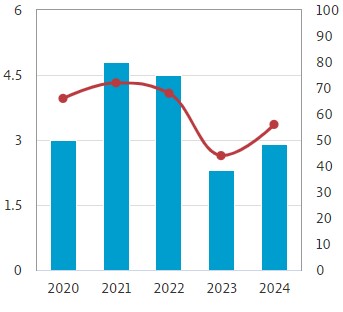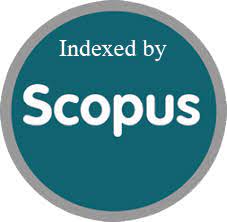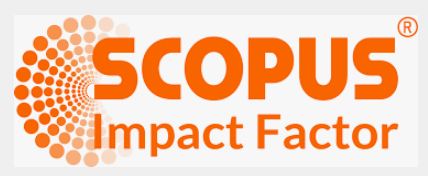"Psychological Interventions for Menstrual Pain: Comparative Effects of Psychoeducation and Progressive Muscle Relaxation on College Students’ Well-Being"
Abstract
Menstrual pain is a prevalent concern among young adults, often affecting their daily functioning and overall well-being. This study examined the effectiveness of two psychological interventions—psychoeducation and progressive muscle relaxation (PMR)—in alleviating menstrual pain and enhancing psychological well-being among college students. Participants were randomly assigned to either a psychoeducation-only group or a psychoeducation plus PMR group. Pre- and post-intervention measures assessed pain intensity, emotional well-being, and functional outcomes. Paired-sample t-tests revealed significant improvements in psychological well-being and reductions in pain severity in both groups, with the psychoeducation plus PMR group demonstrating greater improvements. These findings suggest that integrating relaxation techniques with psychoeducational approaches may offer a more effective, non-pharmacological strategy for managing menstrual pain in young adults. The study contributes to the growing body of literature supporting holistic and accessible interventions for menstrual health.




